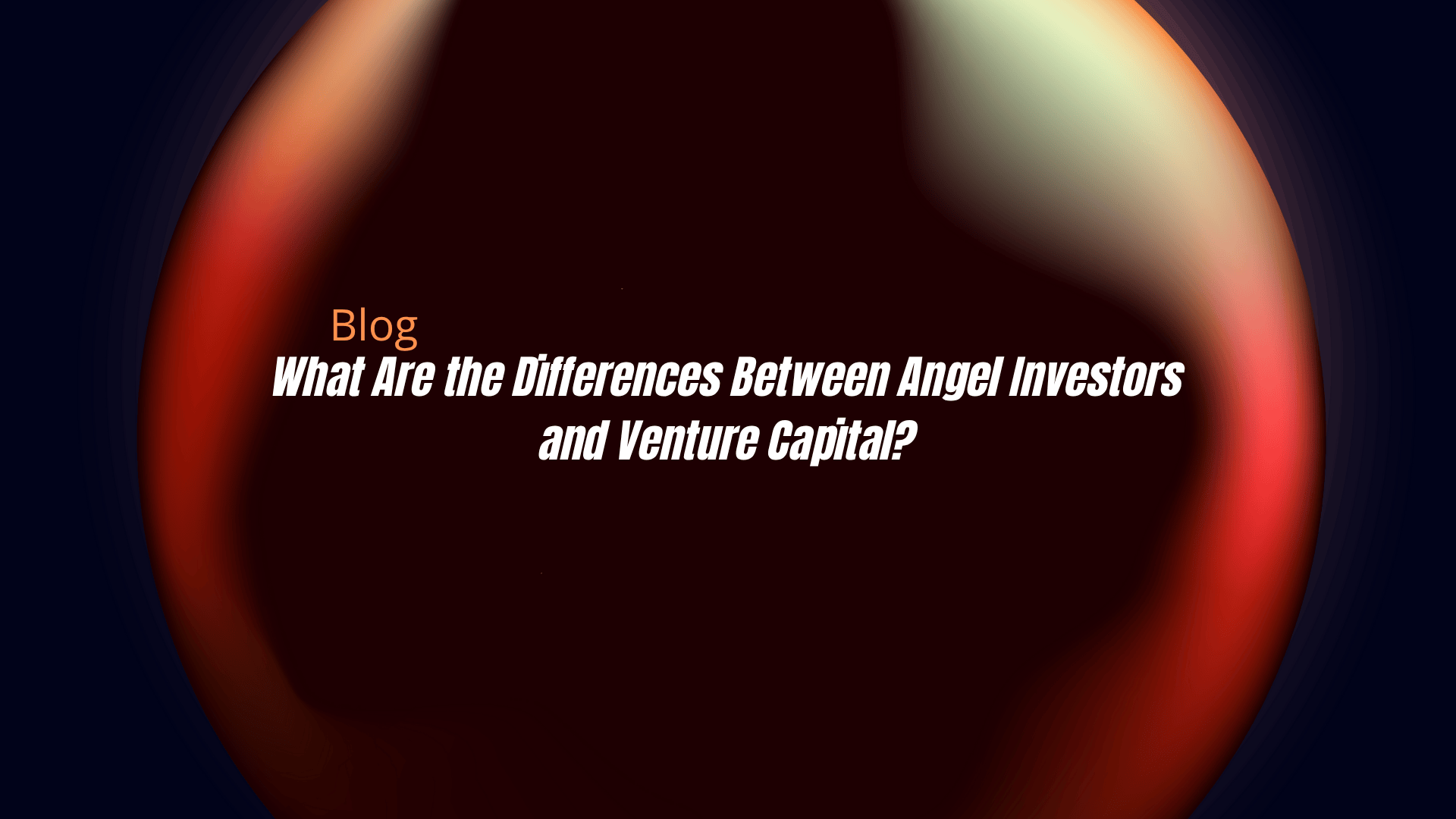BLOG & NEWS
What Are the Differences Between Angel Investors and Venture Capital?
18.11.2025
3 min read

In the entrepreneurship ecosystem, financing plays a critical role in the growth and sustainability of startups. Angel investors and venture capital (VC) funds are two of the most common sources of this financing. However, these two types of investors differ significantly in their approach, processes, and support mechanisms. So, what are the key differences, and what do they mean for startups?
What Is an Angel Investor?
An angel investor is an individual who invests their personal capital in early-stage startups. They are often experienced entrepreneurs or successful business professionals. Angel investors not only provide funding but also offer mentorship, strategic guidance, and valuable network connections for founders.
Angel investors typically invest in seed or pre-seed stage startups, meaning the risk is high but the potential returns can also be substantial.
What Is Venture Capital?
Venture capital (VC) refers to professional investments made by venture capital funds in high-growth potential startups. VCs usually provide larger capital amounts and strategic support to help startups scale. Their approach is more structured and focused on portfolio management and financial returns.
VCs generally target startups in early growth or expansion stages, and their investments are significantly larger compared to angel investors.
Key Differences Between Angel Investors and Venture Capital
The main differences between angel investors and VCs can be summarized as follows:
Funding Stages and Investment Amounts
Angel investors provide smaller investments and usually participate at the very earliest stages of a startup. VCs invest larger sums and focus on growth or expansion stages.
Equity and Valuation Approaches
Angel investors often apply flexible valuation methods and prefer taking minority stakes. VCs conduct detailed valuation analyses and may request larger equity shares.
Mentorship, Network, and Operational Support
Angel investors work closely with founders, offering guidance and connecting them to valuable networks. VCs provide operational support through professional teams and processes, often taking a more corporate approach.
Decision-Making Processes and Flexibility
Angel investors can make quick, personal decisions and offer more flexibility. VCs rely on investment committees and formal evaluation processes, which can make their decision-making longer and more structured.
Investment Returns and Exit Strategies
Angel investors often focus on long-term growth and mentorship. VCs, however, aim for specific exit strategies, such as an IPO or company sale, to secure a return on investment.
